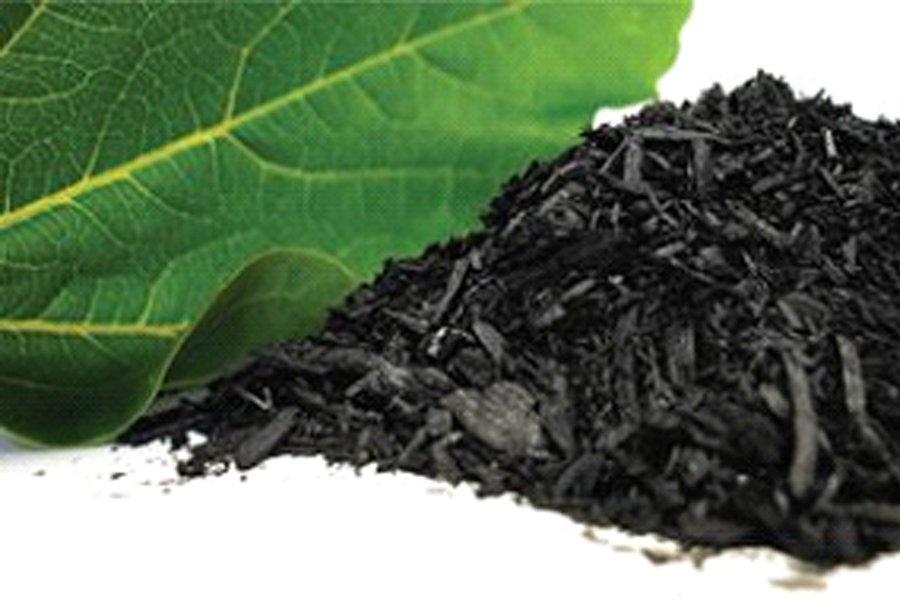Biochar Market: Measuring Effectiveness in Soil Enhancement

Biochar market growth is closely linked to its reputation as a transformative solution for enhancing soil health. As agricultural practices evolve to meet the challenges of climate change, food security, and environmental sustainability, biochar has emerged as a crucial tool for improving soil quality and productivity. Understanding how to effectively measure the impact of biochar on soil enhancement is essential for stakeholders aiming to optimize its use and drive market adoption.
Understanding the Role of Biochar in Soil Enhancement
Biochar, produced through the pyrolysis of organic material, offers a range of benefits when incorporated into soil. Its unique properties, including a high surface area and porous structure, facilitate improved nutrient retention, water holding capacity, and microbial activity. These attributes make biochar an appealing option for farmers seeking sustainable ways to enhance soil health and increase crop yields.
To fully harness the benefits of biochar, it is essential to measure its effectiveness accurately. This involves assessing various soil properties and plant responses that indicate improvements in soil health.
Key Metrics for Measuring Effectiveness
-
Soil Nutrient Availability: One of the primary benefits of biochar is its ability to enhance soil nutrient availability. Measuring changes in key nutrients such as nitrogen, phosphorus, and potassium before and after biochar application can provide valuable insights into its effectiveness. Soil tests can help determine how biochar impacts nutrient dynamics and retention.
-
Soil pH and Acidity: Biochar can influence soil pH, making acidic soils more neutral. Regular soil pH testing allows farmers to evaluate the impact of biochar on soil acidity, which is critical for optimizing nutrient availability and supporting healthy plant growth.
-
Water Retention: Improved water retention is another significant benefit of biochar. Assessing soil moisture levels before and after biochar application helps determine its impact on water availability for crops. Techniques such as gravimetric water content analysis can provide quantifiable data on this metric.
-
Microbial Activity: Healthy soil ecosystems rely on active microbial communities. Measuring soil microbial activity, diversity, and biomass can provide insights into how biochar supports beneficial soil organisms. Techniques such as soil respiration tests or microbial biomass assays can quantify these changes.
-
Crop Yields: Ultimately, the effectiveness of biochar in soil enhancement is reflected in crop productivity. Monitoring yield data over multiple growing seasons can help assess the long-term benefits of biochar application. Comparing yields in biochar-amended plots with control plots provides a clear measure of its impact on agricultural output.
Market Strategies for Measuring Effectiveness
To effectively measure the impact of biochar on soil enhancement, stakeholders in the biochar market can adopt several strategies:
-
Collaborative Research Initiatives: Engaging in partnerships with agricultural research institutions, universities, and extension services can enhance the credibility of biochar products. Collaborative research can facilitate rigorous testing and provide valuable data on the effectiveness of biochar across different soil types and climatic conditions.
-
Demonstration Projects: Implementing demonstration projects on farms allows farmers to see the benefits of biochar firsthand. These projects can include side-by-side comparisons of biochar-treated and untreated plots, providing tangible evidence of its effectiveness. Documenting the results and sharing success stories can further encourage adoption.
-
Standardized Protocols: Developing standardized protocols for measuring soil enhancement effects can improve consistency and comparability across studies. Industry stakeholders can work together to create guidelines that define best practices for assessing biochar’s impact on soil health.
-
Education and Training: Providing educational resources and training programs for farmers is essential for promoting the effective use of biochar. Workshops, webinars, and field days can help farmers understand the benefits of biochar, how to apply it correctly, and how to measure its effects on their soil.
-
Incorporating Technology: Leveraging technology for monitoring soil health can enhance the measurement process. Tools such as soil sensors, remote sensing, and data analytics can provide real-time insights into soil conditions, allowing for more precise assessments of biochar’s effectiveness.
-
Customer Feedback Mechanisms: Implementing feedback mechanisms allows users to share their experiences with biochar applications. Collecting qualitative data on farmer observations regarding crop performance, soil health, and operational challenges can complement quantitative measurements and provide a holistic view of biochar's impact.
The Broader Implications for the Biochar Market
Effectively measuring the impact of biochar on soil enhancement has significant implications for the market. When stakeholders can demonstrate clear benefits such as improved soil health, increased crop yields, and enhanced environmental sustainability demand for biochar products is likely to rise.
Transparency and credibility are vital in building trust with potential customers. By sharing robust data on the effectiveness of biochar, businesses can differentiate themselves in a competitive market and establish a reputation as reliable providers of sustainable solutions.
- Art
- Causes
- Crafts
- Dance
- Drinks
- Film
- Fitness
- Food
- الألعاب
- Gardening
- Health
- الرئيسية
- Literature
- Music
- Networking
- أخرى
- Party
- Religion
- Shopping
- Sports
- Theater
- Wellness


